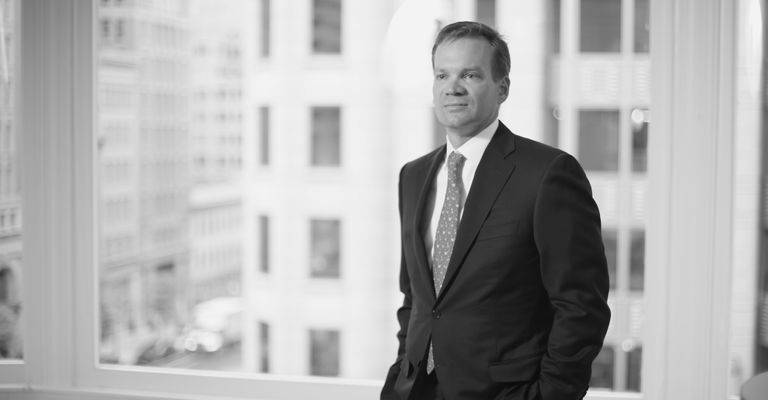Insights
COVID-19 (Legal) Immunity: Enter at Your Own Risk
May 26, 2020As we reported in a recent alert on the risky business of re-opening, businesses throughout the United States seek legal immunity from liability for COVID-19 exposure lawsuits. Legislative immunity has not yet arrived, although Senate Majority Leader Mitch McConnell has stated that "Senate Republicans are preparing a major package of COVID-19 related liability reforms,” which would “create a legal safe harbor for businesses, nonprofits, governments workers, and schools who are following public health guidelines to the best of their ability." The bill proposed by McConnell will include “new legal protections” for businesses, nonprofits, government agencies, and medical equipment manufacturers, as well as an “expansion” of existing protections for manufacturers working on COVID-19 vaccines. McConnell made clear that the bill would provide “certainty” for employers that, “if they follow the guidelines, they will not drown in opportunistic litigation.” As a practical matter, this means that businesses adhering to applicable health guidelines would be protected from ordinary negligence claims (i.e., claims that they did not take reasonable protective measures). McConnell made clear, however, that “we’re not talking about immunity from lawsuits,” and the bill would not eliminate “accountability for actual gross negligence and intentional misconduct.” Despite these assurances, Democrats remain skeptical about such legislation, which they fear will weaken protections for American workers.
On May 15, 2020, the House passed its own stimulus bill, with no liability shield. Among other things, the bill provides for $3 trillion in aid, including another round of $1,200 direct payments to taxpayers, $100 billion for rental assistance, and $75 billion in mortgage relief. Given Republican opposition, however, it seems unlikely that the House bill will be enacted.
Meanwhile, as Congress debates these issues, many states are taking initiative and establishing their own versions of a liability shield for COVID-19 exposure. According to the National Conference of State Legislatures (NCSL), at least six states have introduced legislation that will shield businesses (beyond healthcare facilities), with Utah and North Carolina offering the most expansive protection. In Utah, the legislation provides that “business owners are ‘immune from civil liability for damages or an injury resulting from exposure of an individual to COVID-19’ on their premises.” The legislation does not, however, protect businesses that act recklessly, willfully, or intentionally in exposing people to infection. North Carolina’s law is narrower and provides immunity only to “essential businesses,” as defined in its emergency declaration.
On top of that, Companies are engaging in self-help to limit their liability. For example, as it prepares to reopen parks, the Walt Disney World Resort is warning patrons that they are “assuming the inherent risk of exposure to COVID-19.” Many businesses are likely to follow Disney’s lead with such liability waivers. Whether the waivers will truly insulate businesses remains to be seen and will no doubt be a hotly contested issue in litigation. For now, companies should consult with their legal counsel and monitor legislation and executive orders to determine whether and to what extent their state offers legal immunity from exposure claims. Additional information on liability waivers in the United States can also be found here.
Related Practice Areas
-
Employment & Labor
-
Class Actions



